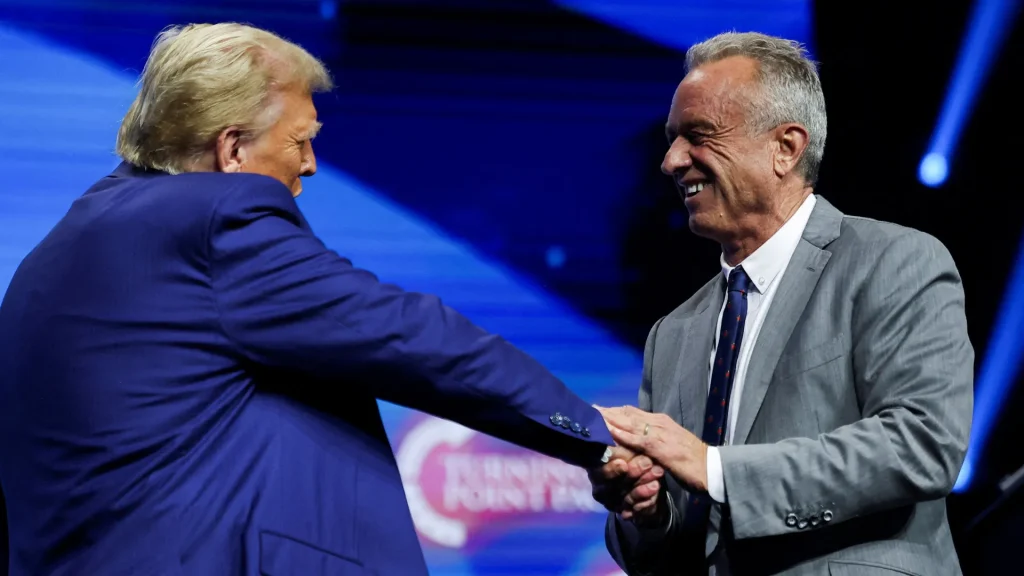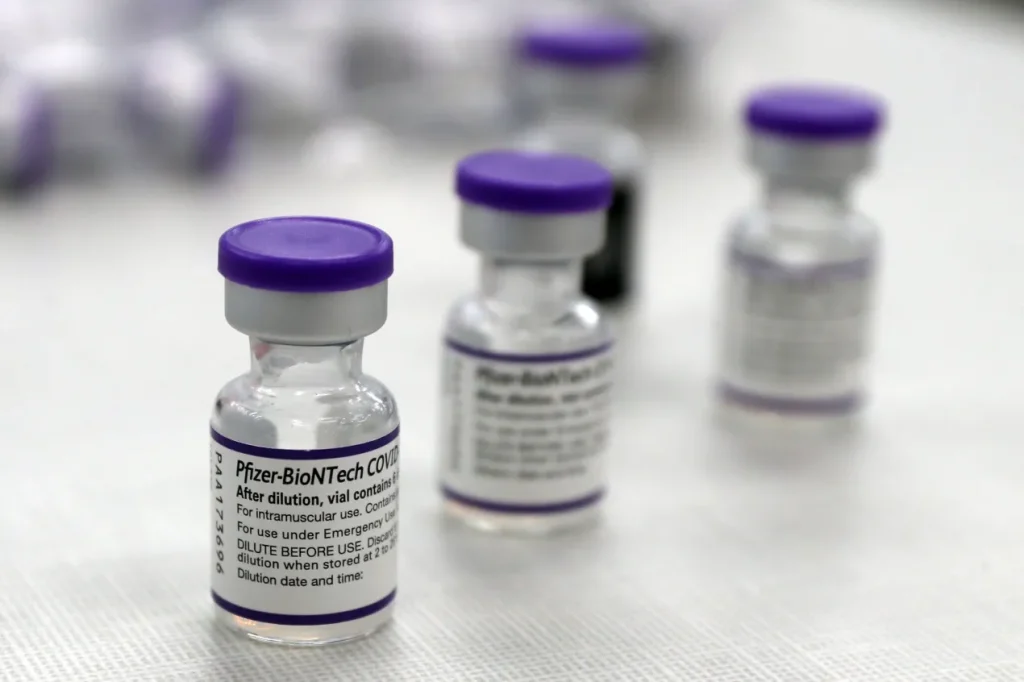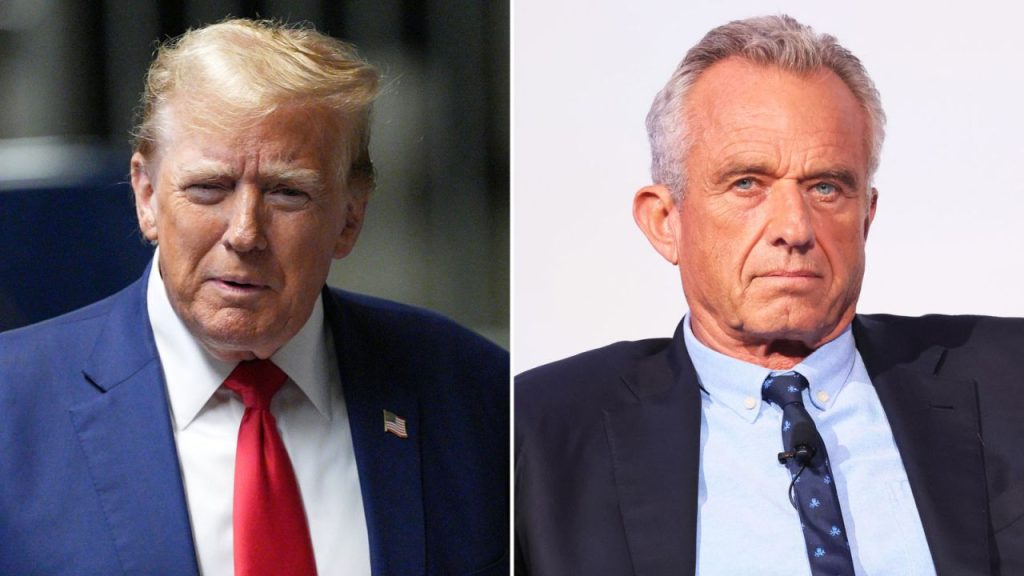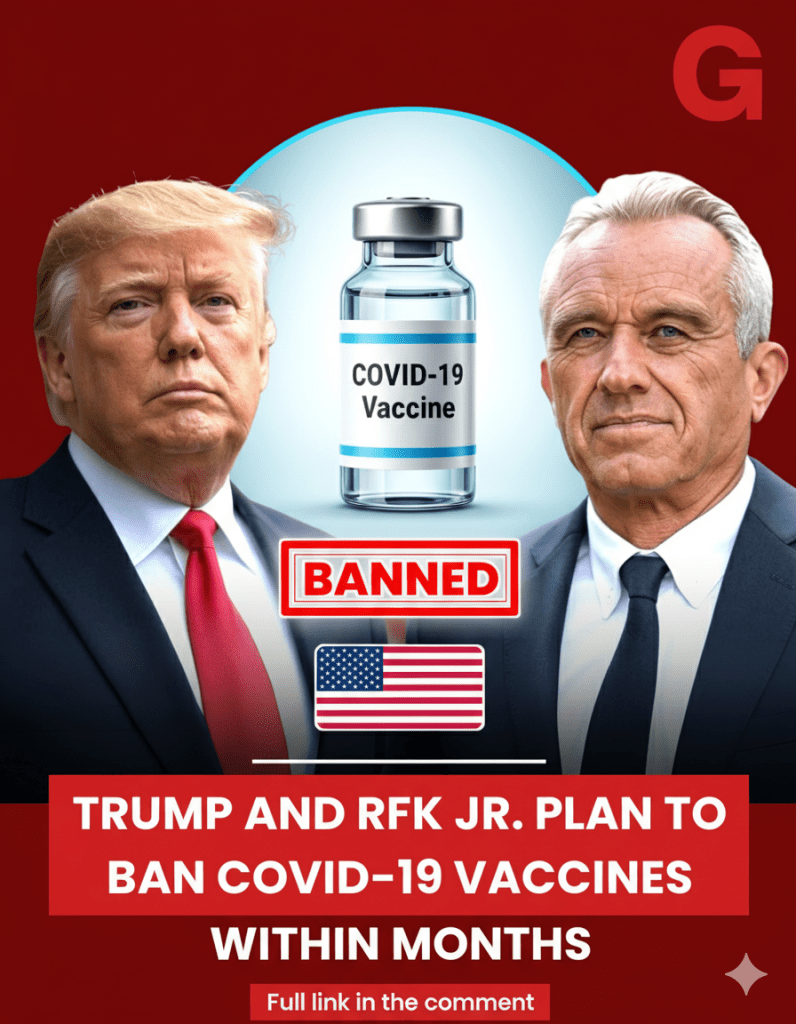Report Claims Trump and RFK Jr. Plan to Ban COVID-19 Vaccines “Within Months”—Public Health Experts Warn of Legal and Safety Risks
I’ve been watching the news unfold with a knot in my chest, because if what’s being reported turns into reality, it could upend how we think about vaccines and public health. It all started when Dr. Aseem Malhotra, a British cardiologist advising Robert F. Kennedy Jr.’s MAHA Action group, said that the Trump administration may pull COVID-19 vaccines from the U.S. market “within months.” The implications of such a move ripple far beyond headlines—it touches on science, trust, and the mechanisms that protect us during health crises.

According to Malhotra, some of the most influential figures close to Kennedy—and reportedly within Trump’s circle—have voiced confusion over why the vaccine is still in use. He warned that this could lead to either a staged removal or a sudden, sweeping decision to yank the vaccine altogether, even if it sparks “fear of chaos” or legal roadblocks. The administration’s response was swift: a White House spokesperson dismissed the speculation, emphasizing that any discussion about future HHS policy should be treated as baseless unless formally announced.
Still, evidence suggests the shift is already in motion. In May, Kennedy removed routine COVID vaccine recommendations for healthy children and pregnant women from CDC guidelines. That same month, he scrapped $500 million in mRNA vaccine research funding and disbanded the CDC’s immunization advisory panel, replacing it with individuals who have expressed vaccine skepticism. These acts paint a clearer picture of the administration’s direction—even if a full ban isn’t yet official.

Public health leaders aren’t taking these changes lightly. Debra Houry, the CDC’s departing chief medical officer—who resigned amid the turmoil—warned that removing COVID vaccines could result in a deadly rise in preventable illnesses, especially for older adults and young children. She criticized the influence of vaccine skeptics in guiding these decisions. Her resignation followed the dismissal of CDC Director Susan Monarez and several other senior scientists who decried politically motivated interference in agency policy.
Meanwhile, physician groups like the American Academy of Pediatrics and the American College of Obstetrics and Gynecology continue to urge routine COVID vaccinations, particularly for vulnerable populations. Their stance clashes with federal shifts, prompting responses at state levels. For example, health officials in Connecticut and neighboring states are exploring regional vaccine policies independent of federal guidance. That kind of divergence suggests growing concern that federal policy may not align with science-based public health strategies.

The potential fallout is unsettling. A ban could erode public confidence, complicate future pandemic preparations, and make it harder to mobilize mRNA responses against threats like flu or future viruses. And from a legal standpoint, the federal government cannot simply cancel FDA-approved vaccines without following due process—there would be significant barriers to any abrupt removal.
If what Malhotra is saying is accurate, we’re staring at a watershed moment where politics could override decades of scientific progress. Whether the shift comes in stages or with one dramatic stroke, the consequences for public health, trust, and institutional integrity are real and urgent. At this moment, more than ever, clarity, evidence, and medical honesty must guide policy—not speculation or ideology.


